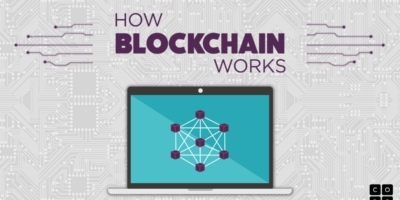
As a passionate gamer, few things are more frustrating than experiencing lag during gameplay on your laptop. Lag can significantly hinder your gaming experience, causing delays, stuttering, and decreased responsiveness. However, with the right tweaks and optimizations, you can transform your laptop into a seamless gaming machine. In this blog post, we will explore how to reduce lag on your laptop and optimize it for smoother gaming, addressing common reasons behind gaming laptop slowdowns.
How do I Reduce Lag on My Laptop?
Close Unnecessary Background Applications
Before gaming, close any unused applications running in the background. These applications consume system resources and can cause lag during gameplay.
Update Graphics Drivers
Ensure your laptop’s graphics drivers are up to date. Outdated drivers can lead to performance issues and lag in games.
Adjust In-Game Settings
Lower in-game graphics settings to reduce the strain on your laptop’s GPU. Opt for a balance between visual quality and smooth performance.
Optimize System Performance
Use system optimization tools to clean up temporary files, defragment the hard drive, and free up disk space. A well-optimized system performs better during gaming.
How do I Reduce Lag in Games?
Opt for Lower Graphics Settings
Within the game settings, choose lower graphics presets or manually adjust individual graphical options to prioritize smoother gameplay.
Monitor FPS and Adjust Frame Rate
Use software to monitor your laptop’s FPS (frames per second). If the FPS is unstable or consistently low, consider lowering the frame rate to achieve a more consistent performance.
Update Game Patches and Drivers
Keep your games updated with the latest patches and drivers released by the game developers. These updates often include performance optimizations.
Disable V-Sync
V-Sync can introduce input lag, especially in fast-paced games. Try disabling V-Sync and observe if it improves your gaming experience.
Why do Gaming Laptops Get Slow?
- Overheating: Intense gaming sessions generate heat, and if the laptop’s cooling system is insufficient, it can lead to thermal throttling, reducing performance.
- Hardware Limitations: Some gaming laptops may have less powerful hardware components, limiting their ability to handle demanding games smoothly.
- Software Bloat:Pre-installed software and unnecessary applications can consume system resources, affecting gaming performance.
- Dust and Dirt Accumulation: Over time, dust and dirt can clog the laptop’s cooling system, leading to overheating and performance issues.
Reducing lag on your laptop when playing games is essential for an enjoyable gaming experience. By following the tips mentioned above, such as optimizing in-game settings, updating drivers, and maintaining your laptop’s hardware, you can eliminate lag and enjoy smooth, uninterrupted gameplay.
Remember to periodically clean your laptop’s cooling system to prevent overheating, and optimize your system regularly to ensure peak performance. With these optimizations in place, your gaming laptop will be ready to deliver exceptional gaming experiences without the frustration of lag.









